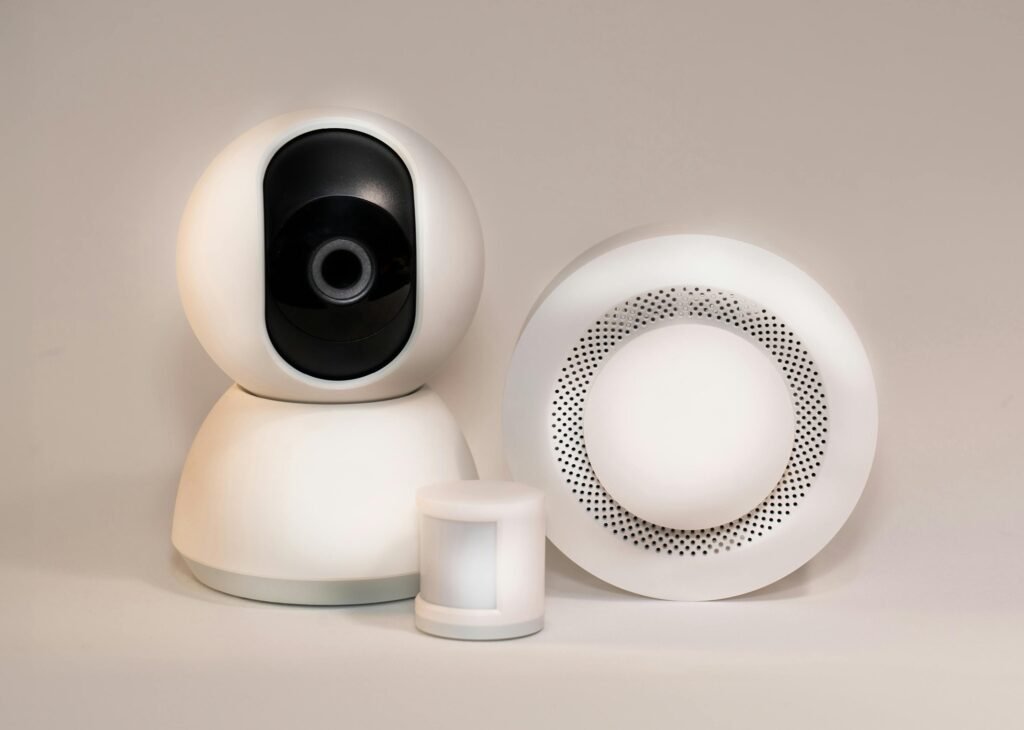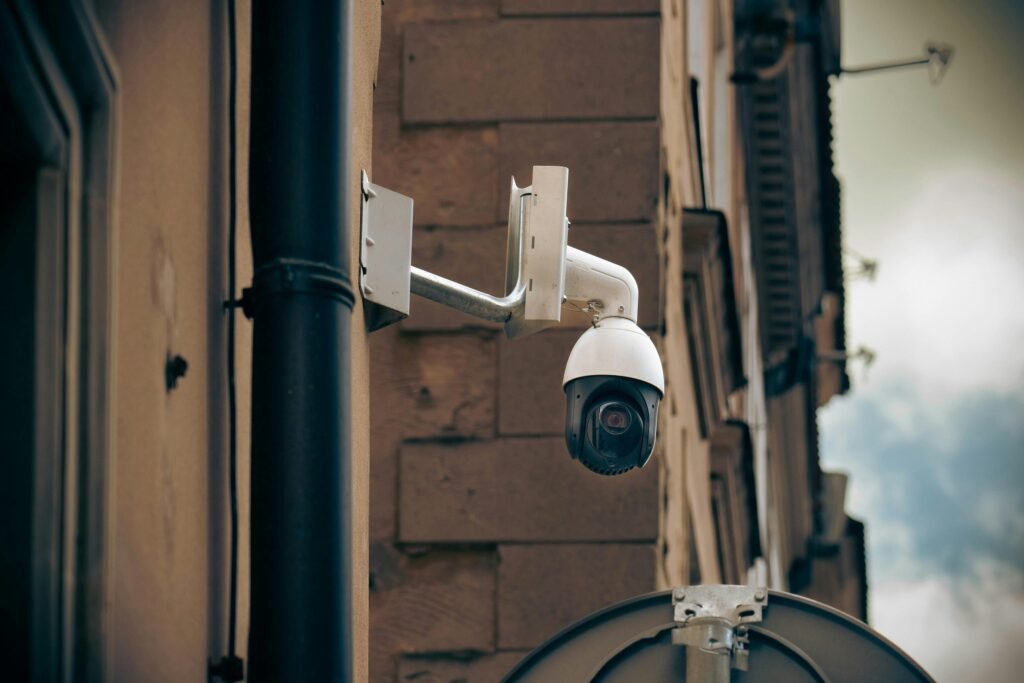

If you’re thinking about enhancing your home or business security, you might wonder, “Can I install CCTV cameras myself?” The good news is yes—you absolutely can, especially with the right tools and a little planning. However, before jumping into a DIY project, it’s important to understand the process, benefits, and potential challenges.
What You Need to Get Started
To begin with, ensure you have the essential components:
- CCTV cameras (wired or wireless)
- A DVR or NVR system
- Power supply or batteries
- Cables (if using a wired system)
- A monitor or mobile device for viewing footage
- Tools like a drill, screwdriver, and ladder
Once you gather these, you’re ready to plan your setup.
Choosing the Right Camera Placement
Start by identifying high-risk areas such as entrances, driveways, backyards, and blind spots. When selecting camera positions, make sure you cover wide angles without obstructions. Outdoor cameras should be weatherproof and placed under eaves or covers to avoid direct sunlight or rain damage.
Installation Process Step-by-Step
- Mount the Cameras – Use screws and wall anchors to fix the camera securely in place.
- Run the Cables – For wired systems, neatly run cables through walls or along corners to avoid clutter.
- Connect to Recorder – Link your cameras to the DVR or NVR, ensuring all inputs match.
- Power It Up – Connect to power sources and make sure all devices receive electricity.
- Test Your Setup – Check live feed, adjust angles, and configure recording settings.
By following these steps, you’ll see that the answer to “Can I install CCTV cameras myself?” is a confident yes.
Benefits of DIY CCTV Installation
- Cost-saving – You skip professional service fees.
- Customization – You choose where and how to install based on your specific needs.
- Skill-building – You learn valuable technical skills during the process.
Potential Drawbacks
Despite the benefits, you should be aware of possible downsides:
- Complex wiring can become frustrating for beginners.
- Incorrect installation may lead to poor coverage or system failure.
- Warranty issues may arise if a professional setup is required by the manufacturer.
When Should You Hire a Professional?
If your system involves multiple cameras across floors or outdoor wiring, or if you want seamless integration with alarms and smart systems, it may be wise to consult a professional. They ensure optimal placement, minimal cable exposure, and secure configuration.
